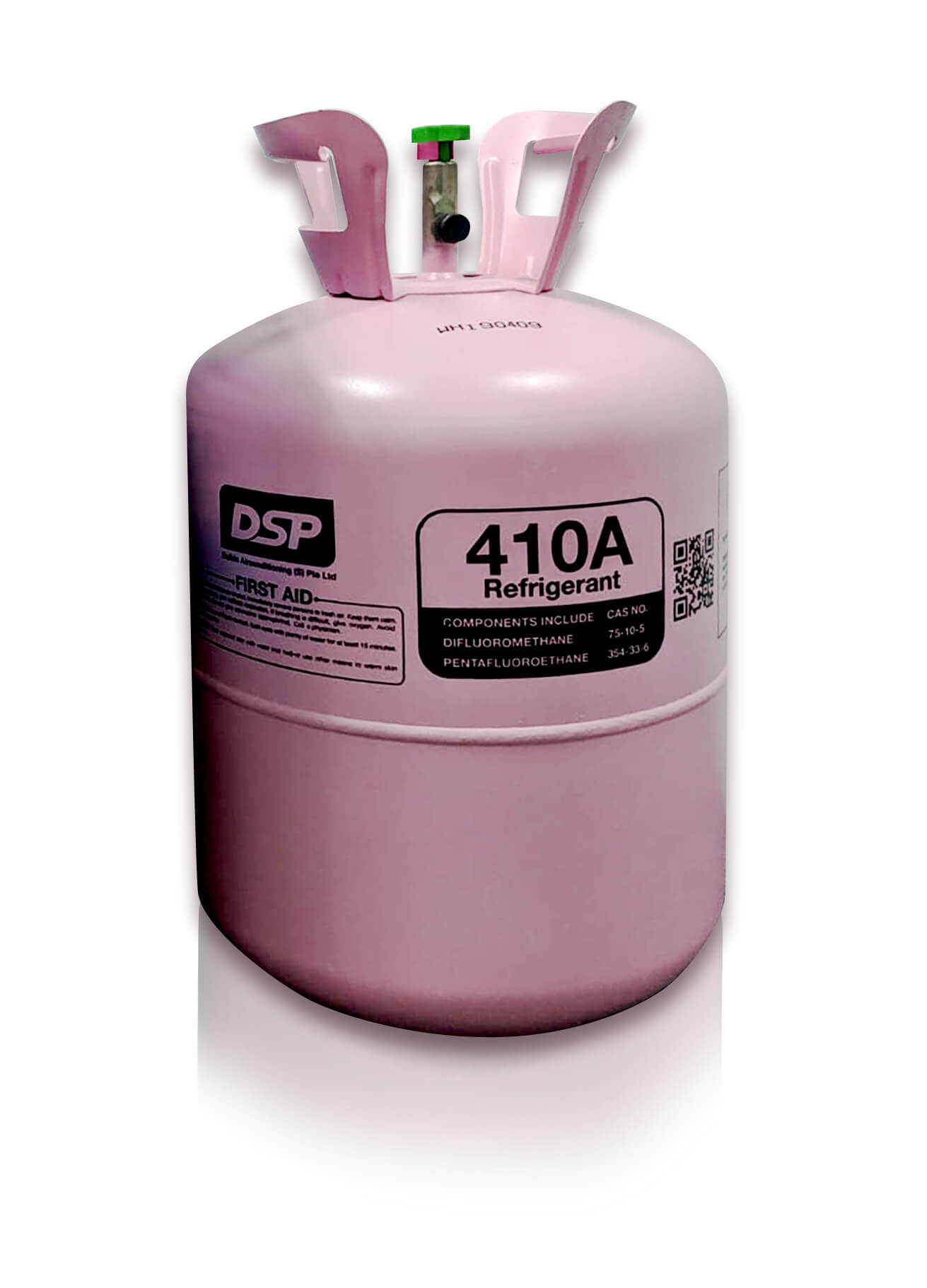©2025 BloomfieldCooling.com. All Rights Reserved. | Privacy Policy | Sitemap | Powered by Media Consultants, LLC


 Spring is here, and warmer temperatures may have you thinking about shorts, sandals, rum punch, gardening or siting by the pool. The last think you want when you head inside to cool off is to discover your central air conditioning isn’t working.
Spring is here, and warmer temperatures may have you thinking about shorts, sandals, rum punch, gardening or siting by the pool. The last think you want when you head inside to cool off is to discover your central air conditioning isn’t working.
A coolant leak is the main cause of an air conditioning malfunction. In order to cool your home, your air conditioning system must have coolant running through refrigerant lines. Systems installed after 2010 use a product called R410A (brand name, Puron, developed to be more environmentally sensitive and consumer-safe), while older systems (pre-2010) may still be running on a phased-out product, R22 (marketed as Freon). The coolant converts gas to liquid and back, pulling the heat in the air from inside to outside. If refrigerant is leaking or has leaked out, the air conditioning system will not work and can result in a burned-out compressor.
Refilling air conditioning coolant should not be routine
It is not normal for your air conditioning contractor to have to refill the coolant; lower levels indicate a leak somewhere, typically through pinhole punctures in your central air conditioning system. Other causes may be a factory defect that went undetected, poor installation, or corrosion of the system’s metal from formic acid.
It’s not only inconvenient and uncomfortable but dangerous when a coolant leak occurs, as the gas is meant to stay inside the closed HVAC system—not circulate through your home’s airflow.
Signs that the coolant is leaking or has completely leaked out are:
Beware of contact with coolant
Beyond trouble for your HVAC system, coming in contact with leaking refrigerant can cause a number of physical symptoms to humans.
Avoid coolant leaks with routine maintenance
Life gets busy, especially this time of year, and sometimes routine maintenance falls by the wayside. However, now is the time to get this important service call scheduled so your family is protected from the hazards of a refrigerant leak—and you won’t be disappointed when you come in to find your air conditioning is not working.
Bloomfield Cooling, Heating & Electric will help you prevent that frustration (and potential harm to you and your system). Our technicians will thoroughly inspect your HVAC system, including coolant levels, and alert you to problems that require immediate remediation (as well as any potential issues that are brewing). Call us to set up your spring maintenance appointment at 973-237-0505 or email info@bloomfieldcooling.com. It’s also a great time to boost your indoor air purification with the iWave in-duct air purifier; check out our special savings on iWave here.